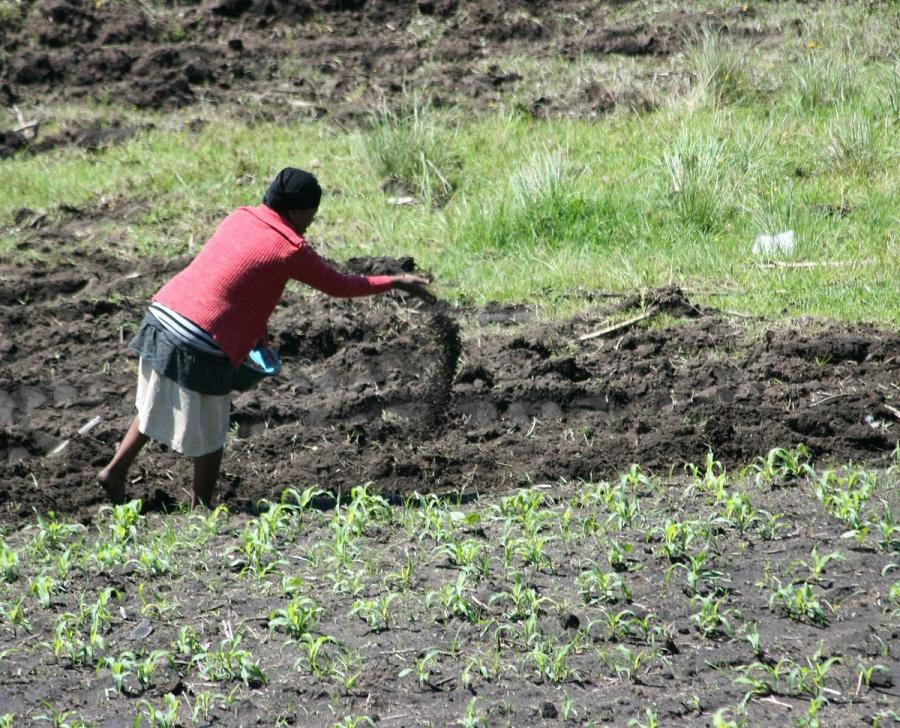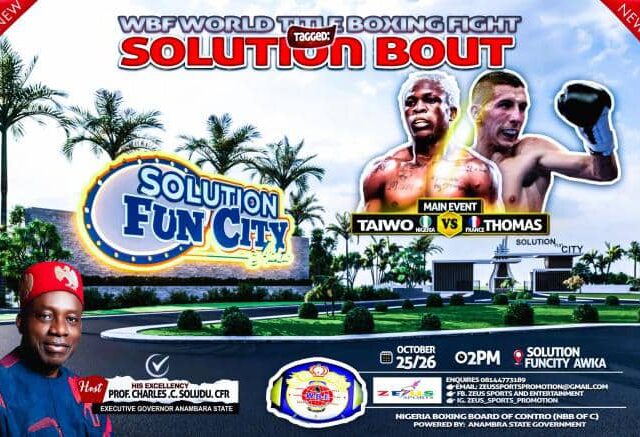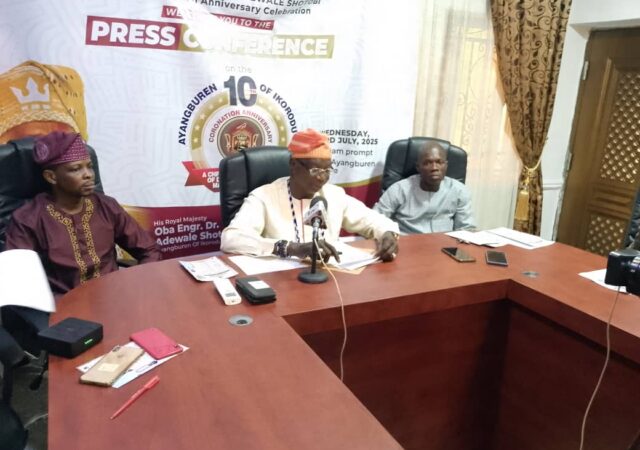Since the Russian invasion of Ukraine began on February 24th this year, sanctions levied against Russia have politically, economically, and militarily hamstrung it.
Unfortunately, these sanctions combined with the security situation in the Black Sea and the realities of war between two major food and fertiliser producers have created an array of food security issues for the international community. The ripple effects of rising food insecurity: a lack of foodstuffs, supply chain bottlenecks, increasing refugee flows, and political instability are being experienced across the globe on a scale not seen since the end of the Cold War, particularly in the Global South.
A high-level panel this week, chaired by James Wilson, publisher of EU Political report, discussed at the Press Club, Brussels how we might construct and maintain an effective sanctions regime capable of not only checking Russian aggression but ensuring the masses of the global south, who have the least to do with this situation, do not unduly bear the burdens.
in numbers, today, we are putting 50 million or more at risk that they will not get food… We see fertiliser prices going up… my thoughts are for people in Africa, for people in the sub-continent.” — Samir Brikho, Executive Chairman and CEO, EuroChem.
Ukraine’s Deputy Minister of Agrarian Policy & Food Dmytrasevych Markiyan reported that while 95% of Ukraine’s exports of foodstuffs – 5-6 million tons per month – are ordinarily exported through the country’s seaports, in the first month after the Russian invasion, this dropped to just 200,000 tons.
The Deputy Minister spoke of Ukraine’s efforts to secure alternative corridors for transportation, but reminded delegates that on the first day after Russia had agreed to such a safe passage for grain exports, it renamed on its agreement and launched a missile attacked the port of Odesa, the main export hub.
He also informed delegates that the mining by Russia of agricultural land, and constant aerial attacks, seriously hampers the sowing of seeds for next year’s crops.
Samir Brikho, Executive Chairman and CEO of the global fertiliser producer EuroChem added to the Deputy Minister’s warnings by informing delegates that the current crisis has caused problems in his own sector, in that there is a shortage of materials, with transport and logistics, and with obtaining insurance, all of which has led to a 25% drop in production of fertilisers.
Dr. Mukisha Kituyi, former Secretary-General on the U.N. Conference on Trade and Development confirmed the effects of the current conflict on African nations, and stated that “whilst we understand the foundations, political and otherwise of the sanctions against Russia, we must be alive to the collateral damage to the vulnerable in the South.”
He called for a clearer policy in facilitating production and transportation of fertiliser products.
Author and Political Risk Analyst John C. Hulsman underlined the threat by stating that “roughly half the world’s population depends on fertiliser use… roughly 2 billion people depend on the import of fertilisers.”
Chillingly, he pointed out that unless the existing problems with fertiliser production and distribution resulting from Putin’s war in Ukraine are resolved, roughly 450 million people are facing starvation.








I don’t think the title of your article matches the content lol. Just kidding, mainly because I had some doubts after reading the article.